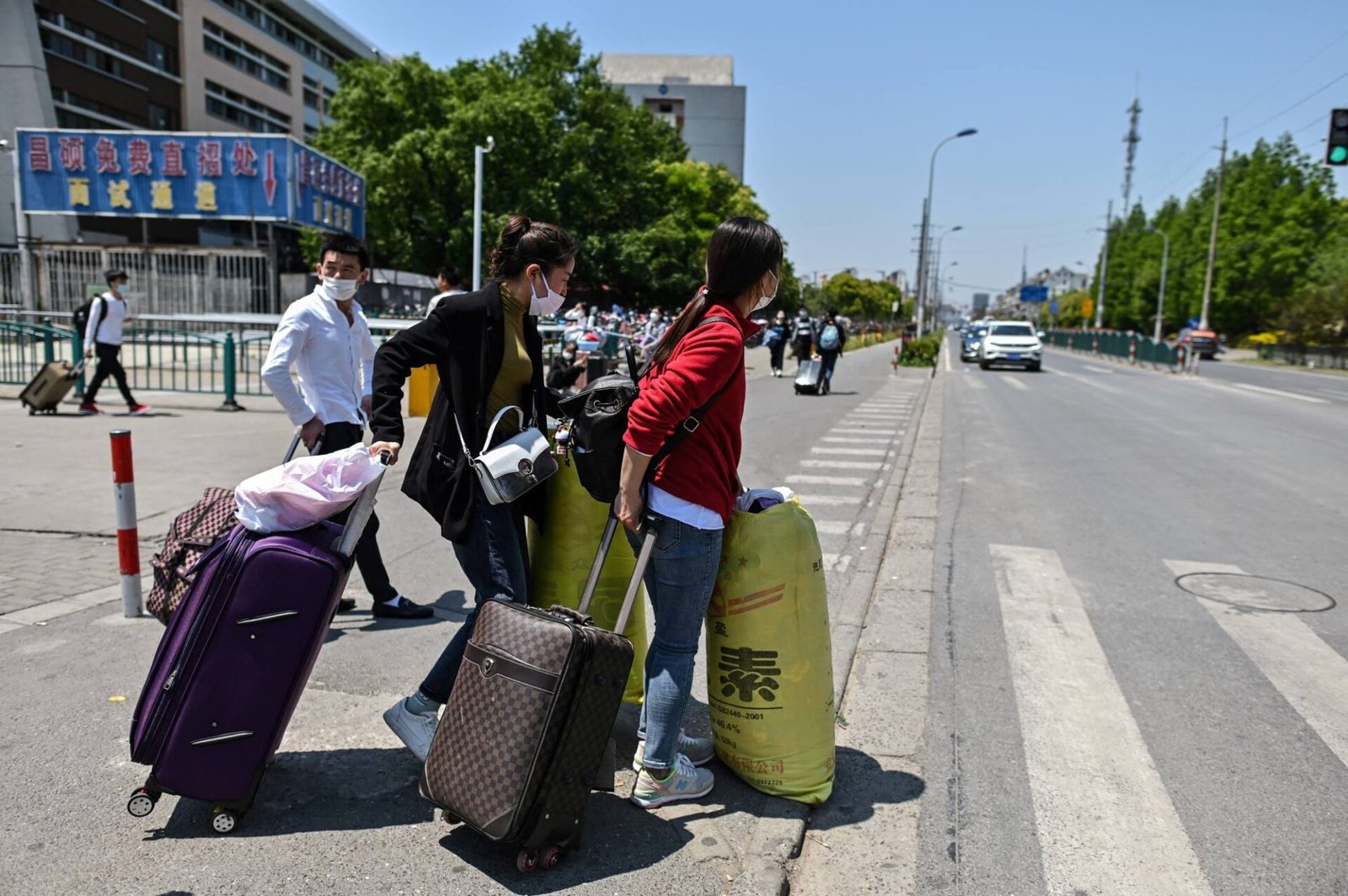Chinese budget hotels, particularly youth hostels, have ignited a storm of controversy for purported age discrimination, following their implementation of rules that deny accommodation to guests above a certain age. The contentious practice came to light when a tourist, known by the surname Li, expressed his discontent over being refused accommodation due to his age.
Li had sought to book a room in a Beijing youth hostel in June, only to find that some hostels enforced an age restriction, barring guests aged 35 and above. He took to social media to voice his grievances, labeling the age requirement as a form of malicious discrimination.
When Li inquired about the age limit, some hostel proprietors cited safety concerns related to older guests using upper bunk beds. Others attributed their policy to generational differences in lifestyle habits, which they claimed created management difficulties.
The trend of youth hostels – budget-friendly accommodations featuring shared rooms and bunk beds – has seen significant growth across China in the past two decades. An investigation by the China News Service revealed that hostels in other cities on the mainland also imposed age restrictions, with cut-off ages varying between 40, 45, and 50.
One hostel manager reasoned that their guests were predominantly job-seekers. Older guests, the manager explained, preferred lower bunks, which were limited, and could potentially disturb younger guests with snoring. They also raised concerns about older guests’ potential health issues, such as hypertension, and the risks of accidents, especially at night.
The revelation of these age restrictions sparked an intense debate on mainland social media, with over 70 million views on Weibo. While some agreed with the hostels’ rationale, highlighting generational lifestyle differences, others deemed the policy “ridiculous.”
Legal perspectives on the matter also varied. Fu Jian, a lawyer from Henan Zejin Law Firm, stated that age restrictions did not infringe on any laws and fell within the hostels’ operational autonomy. Conversely, Yan Bing, a lawyer from Beijing Jurisino Group, referenced China’s Consumer Rights Protection Law, which stipulates that businesses should not discriminate against consumers without a “proper reason”. This ambiguity leaves the legality of the age restrictions in a grey area.
The controversy has prompted social media users to reflect on broader societal issues, with some noting that individuals over 35 are often barred from public servant enrolment tests and are typically the first to face job layoffs. Such conversations highlight the deep-seated ageism within various sectors in Chinese society.
READ MORE:
